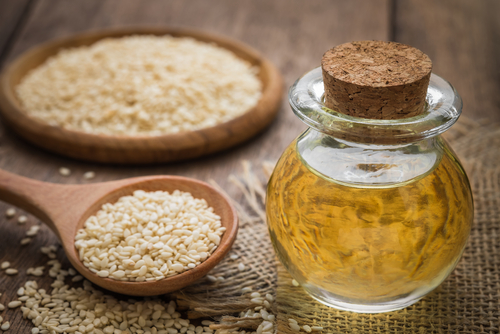Description
It is rich in essential fatty acids Omega 3 and Omega 6, which promote cardiovascular health and are a good source of carbohydrates, especially fiber that helps improve intestinal transit and reduce the absorption of LDL cholesterol.
As if that were not enough, these little seeds are a bomb of vitamins E, B1, B3, B6 and folic acid, and minerals such as potassium, magnesium, zinc, phosphorus and, most importantly, calcium.
They lower cholesterol, due to their contribution of lecithin that dilutes saturated fats and prevents them from clogging the arteries. In addition, it lowers triglycerides, improving overall cardiovascular health.
They improve intestinal transit, avoiding digestive problems such as constipation.
They fight anemia, as they provide iron and essential amino acids that maintain correct hemoglobin and prevent iron deficiency anemia.
They improve the health of teeth and bones, due to their calcium and iron content. They also prevent cavities and hair loss.
They have an antioxidant effect, which is why they fight premature aging of cells and boost the immune system.
They serve as a muscle relaxant, thanks to its magnesium content.
They enhance memory and improve eyesight.
They prevent the development of cancer.
They help eliminate fungi and bacteria, and prevent skin infections.
They improve liver health.
Nutritional characteristics of sesame
CHARACTERISTICS PER 100 GRAMS
Calories or energy 601 kcal
Proteins 17.40 g
Fat 57.10 g
Carbohydrates 15.50 mg
Fiber 3.20 g
Calcium 1471 mg
Iron 6.90 mg
Vitamins
CHARACTERISTICS PER 100 GRAMS
Vitamin A 0.01 mg
Vitamin B1 0.79 mg
Vitamin B2 0.25 ug
Vitamin B3 4.52 mg




